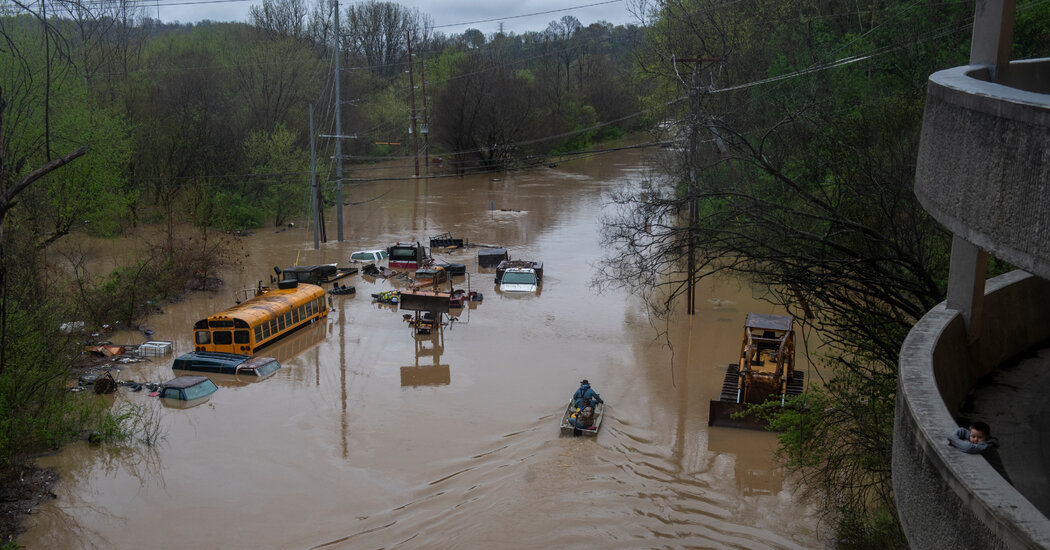The Trump administration has cut funding and staffing at the program that oversees the federal government’s premier report on how global warming is affecting the country, raising concerns among scientists that the assessment is now in jeopardy.
Congress requires the federal government to produce the report, formally known as the National Climate Assessment, every four years. It analyzes the effects of rising temperatures on human health, agriculture, energy production, water resources, transportation and other aspects of the U.S. economy. The last assessment came out in 2023 and is used by state and city governments, as well as private companies, to prepare for global warming.
The climate assessment is overseen by the Global Change Research Program, a federal group established by Congress in 1990 that is supported by NASA and coordinates efforts among 14 federal agencies, the Smithsonian Institution and hundreds of outside scientists to produce the report.
On Tuesday, NASA issued stop-work orders on two separate contracts with ICF International, a consulting firm that had been supplying most of the technical support and staffing for the Global Change Research Program. ICF had originally signed a five-year contract in 2021 worth more than $33 million and provided around two dozen staff members who worked on the program with federal employees detailed from other agencies.
Without ICF’s support, scientists said, it is unclear how the assessment can move forward.
“It’s hard to see how they’re going to put out a National Climate Assessment now,” said Donald Wuebbles, a professor in the department of atmospheric sciences at the University of Illinois who has been involved in past climate assessments. But, he added, “it is still mandated by Congress.”
In a statement, a NASA spokeswoman said that the agency was “streamlining its contract providing technical, analytical and programmatic support for the U.S. Global Change Research Program” to align with President Trump’s executive orders. She added that NASA planned to work with the White House to figure out “how best to support the congressionally mandated program while also increasing efficiencies across the 14 agencies and advisory committee supporting this effort.”
